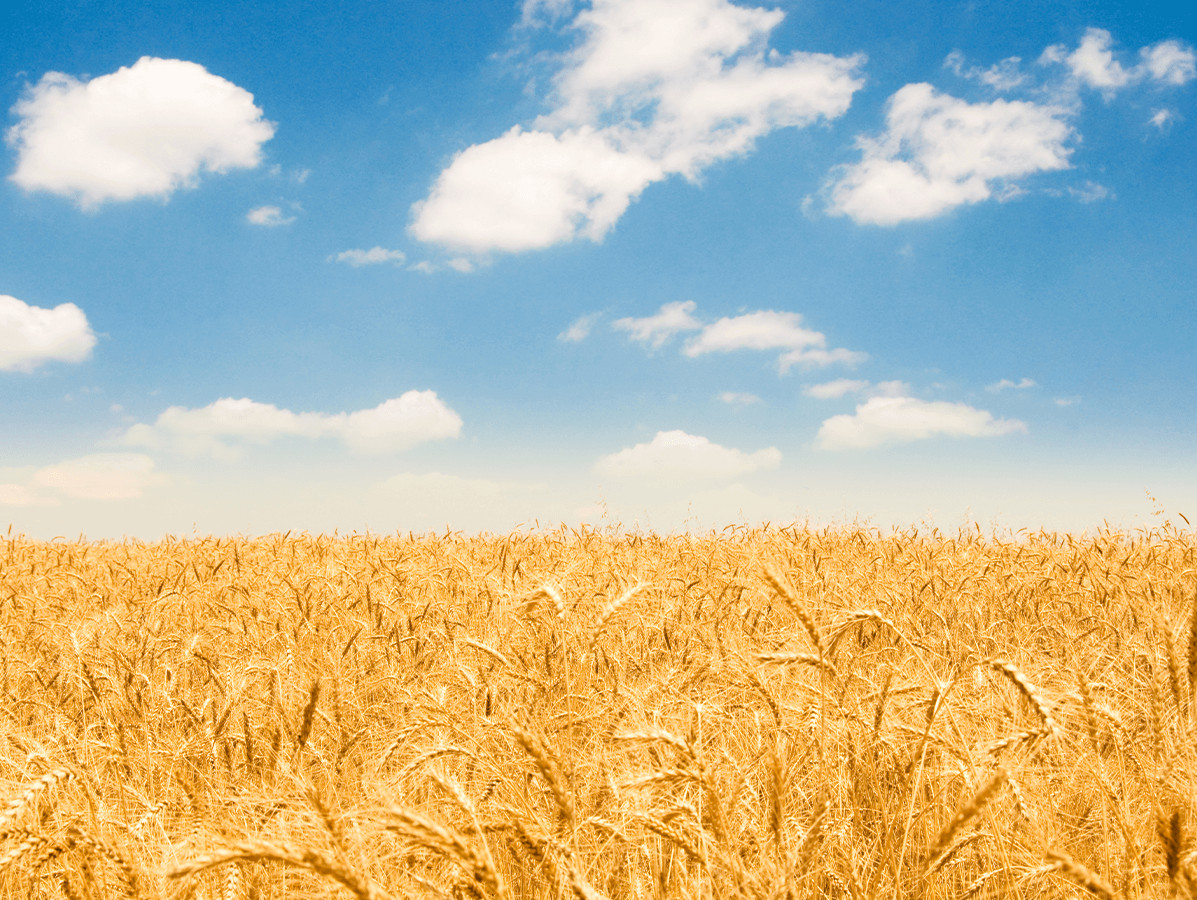
On 23 March 2022, the European Commission proposed a series of short- and medium-term measures to increase global food security. It also wants to support EU farmers and consumers in the face of rising food prices and costs of energy, fertilisers and other inputs. The rise in global commodity prices, exacerbated by the invasion of Ukraine, provides further clear evidence of the need to make EU agriculture and food supply chains more resilient and sustainable, in line with the 'farm to fork' strategy.
The Commission is determined to take all necessary measures to ensure that the EU, as a net food exporter and the largest agri-food producer, contributes to global food security, especially in Ukraine, but also in North Africa and the Middle East as well as in Asia and Sub-Saharan Africa.
In war-torn Ukraine, food security is a major concern. An emergency programme of EUR 330 million is planned for Ukraine to secure access to basic goods and services and protect the population. In other parts of the world, the European Union continues to advocate the avoidance of export restrictions and bans on food exports and a properly functioning internal market.
To make food more affordable, Member States can also introduce reduced VAT rates and encourage operators to keep retail prices in check. Member States can also make use of EU funds.
The Commission has identified the following measures:
Source: Europese Commissie